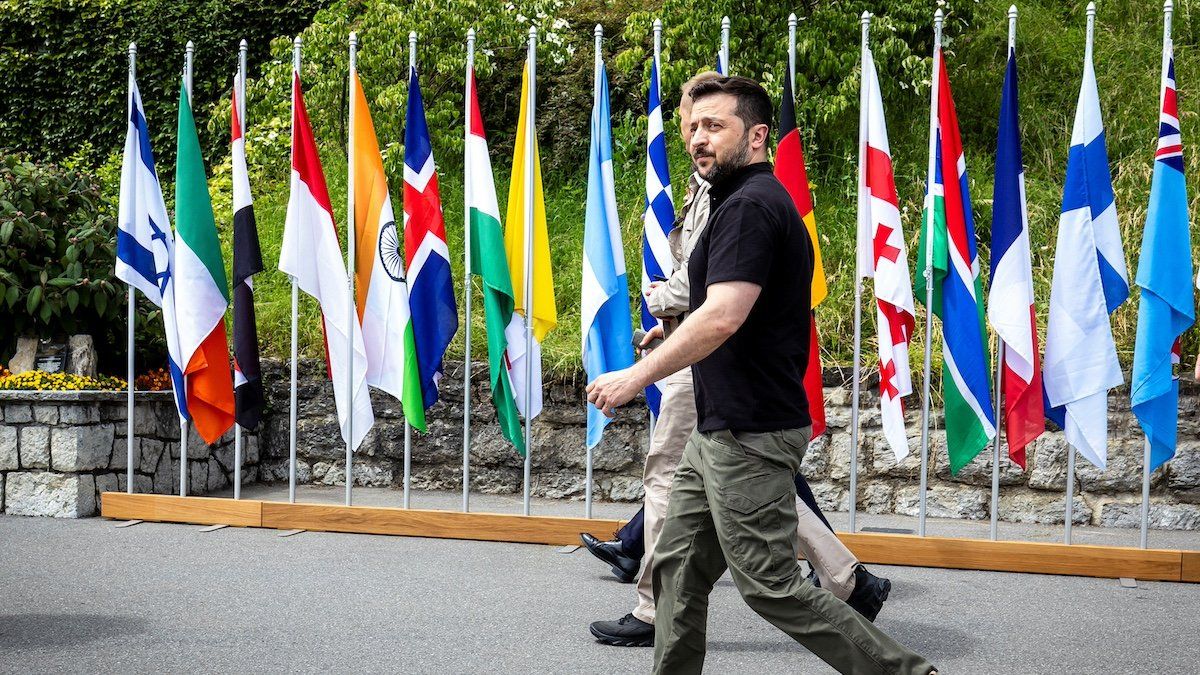Ukraine Peace Summit calls for dialogue, but Putin’s not picking up the phone
This weekend’s Ukraine Peace Summit in Switzerland concluded with a final declaration reaffirming Kyiv’s territorial integrity while emphasizing the need for dialogue, but Moscow isn’t in a talking mood. The document squarely blamed Russia for the conflict, referred to Russia’s invasion as a “war,” and called for the exchange of all prisoners and the return of abducted children. Admirable sentiments, but unlikely to go anywhere.
Eighty of the 90 participating countries and international organizations signed the document. Still, major players like India, Saudi Arabia, South Africa, and the United Arab Emirates refused, likely to avoid antagonizing Russia, which was not invited andridiculed the event. Before the summit, Russian President Vladimir Putin set out his own terms for a cease-fire, including that Ukraine relinquish control of Ukrainian-controlled regions – a position completely incompatible with the summit’s final document.
What’s next? More fighting, for now. No nation has offered to host a follow-up conference – not even Saudi Arabia, which had been touted as a possible venue. While Ukrainian President Volodymyr Zelensky said Kyiv would hold peace talks with Russia tomorrow if Moscow pulled out of all Ukrainian territory, that outcome is as unlikely as snow in July.
Beijing into the breach? China — which skipped the summit — urged direct peace talks between Russia and Ukraine “as soon as possible.” It had pushed its alternative peace plan prior to the event, meeting with visiting foreign dignitaries and communicating with foreign missions on its WeChat platform.
But consideringthe G7’s harsh words for Beijing last Friday, accusing it of funding Russia’s war machine, it’s unlikely China will be brokering a peace deal anytime soon.